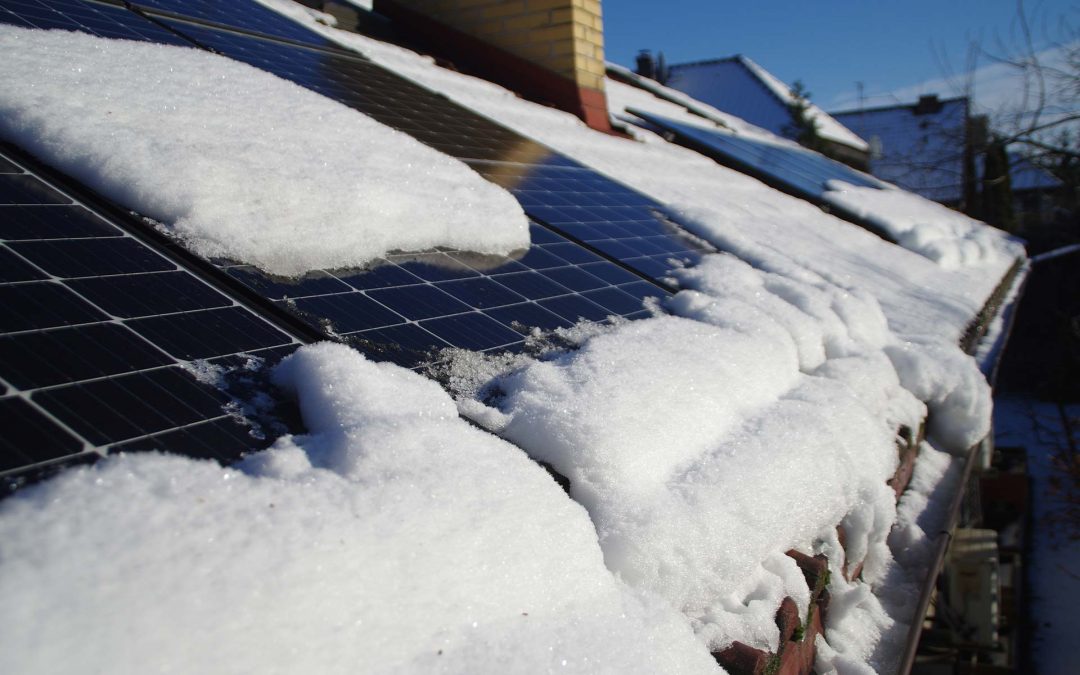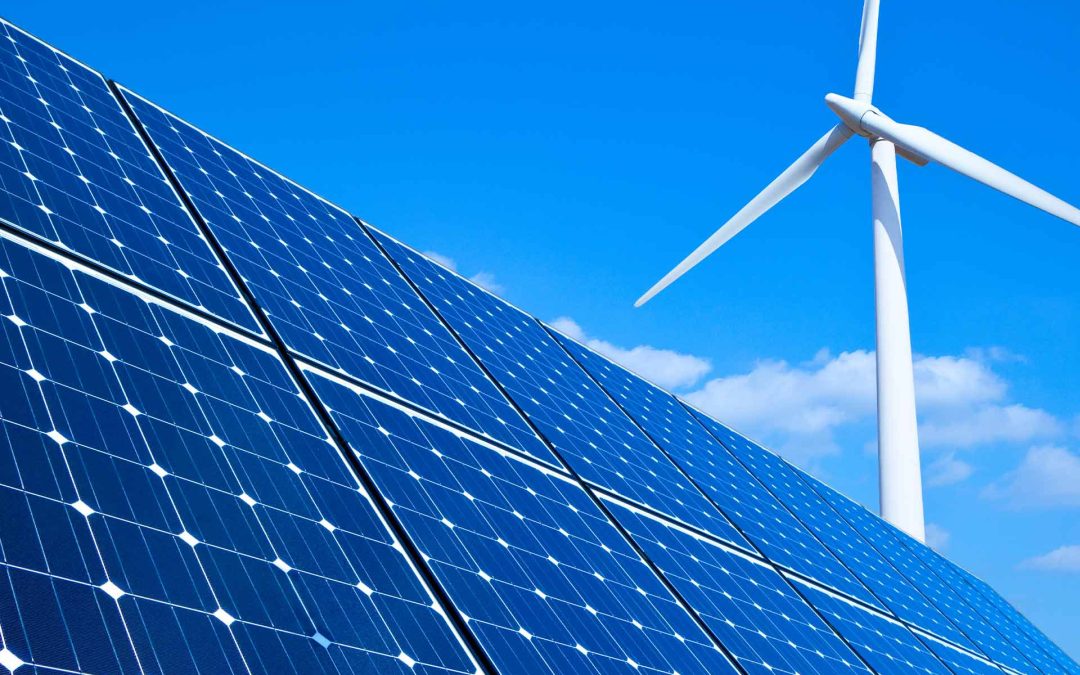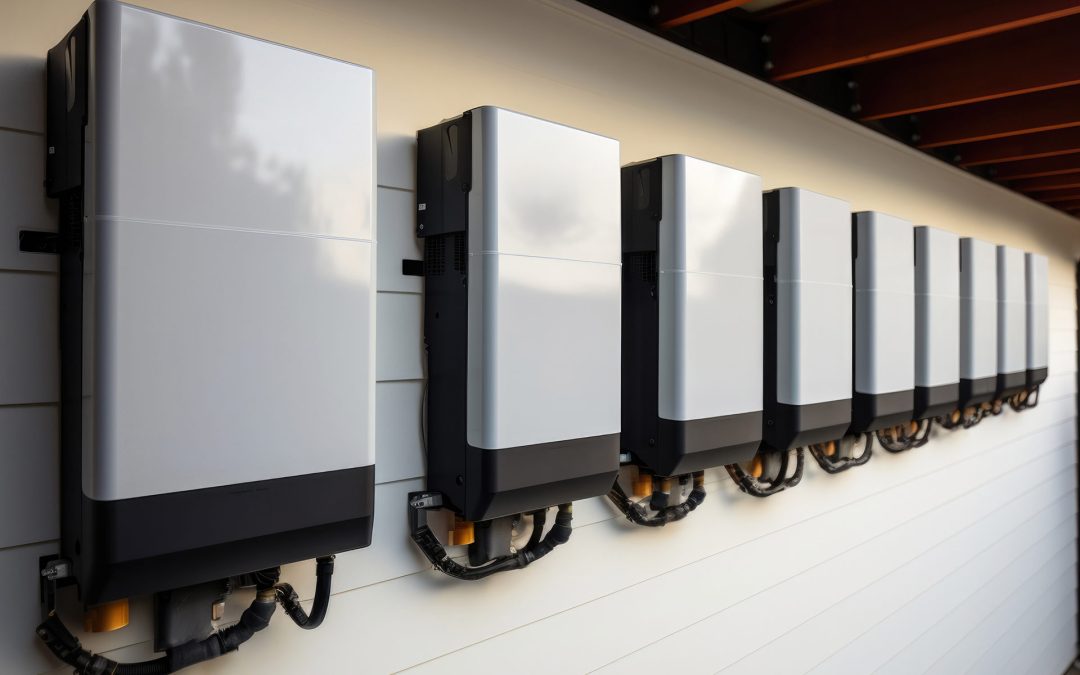As solar energy continues to gain popularity as a sustainable power source, the importance of efficient energy storage systems has become increasingly clear. Solar panel batteries play a crucial role in storing electricity generated by solar panels, ensuring that energy is available when the sun isn’t shining. This article focuses on how long solar panel batteries can store electricity and the factors influencing this duration.
Understanding Solar Panel Batteries
Solar panel batteries store excess electricity produced by solar panels during sunny periods. This stored energy can be used when solar panels are not generating power, such as during nighttime or cloudy days. The duration for which a solar panel battery can store electricity depends on several factors, including the type of battery, its capacity, and the energy consumption patterns of the household or business.
Types of Solar Panel Batteries
Lead-Acid Batteries: Traditional and cost-effective, but with a shorter lifespan and lower depth of discharge (DoD).
Lithium-Ion Batteries: More expensive but offer higher energy density, longer lifespan, and higher DoD.
Flow Batteries: Suitable for large-scale storage, offering scalable capacity but less common in residential use.
Key Factors Affecting Storage Duration
Battery Capacity: Measured in kilowatt-hours (kWh), this indicates the amount of energy a battery can store. Higher capacity batteries can store more energy and provide power for a longer period.
Depth of Discharge (DoD): This refers to the percentage of the battery’s capacity that can be used without causing damage. Lithium-ion batteries typically allow for a higher DoD (80-90%) compared to lead-acid batteries (50-60%).
Self-Discharge Rate: Over time, batteries naturally lose some charge even when not in use. Lithium-ion batteries have a lower self-discharge rate compared to lead-acid batteries.
Energy Consumption: The rate at which stored energy is used impacts how long the battery can supply power. Lower consumption rates will extend the duration of stored energy usage.
Environmental Conditions: Temperature and other environmental factors can affect battery efficiency and longevity. Extreme temperatures can reduce the efficiency and lifespan of batteries.
Practical Storage Durations
For a typical residential solar panel system, battery storage durations vary based on the factors mentioned above. Here are some practical examples:
A 10 kWh Lithium-Ion Battery: With an 85% DoD, it can provide 8.5 kWh of usable energy. If a household consumes 1 kWh per hour, this battery can supply power for approximately 8.5 hours.
A 10 kWh Lead-Acid Battery: With a 50% DoD, it can provide 5 kWh of usable energy. Under the same consumption rate of 1 kWh per hour, this battery can supply power for about 5 hours.
During periods of continuous sunny weather, solar panels can recharge batteries daily, ensuring that they are frequently at full capacity. This means that the stored electricity is regularly replenished, and the duration of stored power availability aligns with daily consumption and generation cycles.
Long-Term Storage Considerations
While solar panel batteries are primarily designed for daily cycling—charging during the day and discharging at night—they also play a role in long-term storage during extended periods of low solar generation. The efficiency of long-term storage depends on:
Battery Health: Regular maintenance and proper usage can extend battery life and efficiency.
Energy Management: Effective energy management systems can optimise the usage of stored energy, balancing supply and demand to maximise storage duration.
Conclusion
The duration for which solar panel batteries can store electricity is influenced by battery capacity, depth of discharge, self-discharge rate, and energy consumption patterns. Lithium-ion batteries, with their higher DoD and lower self-discharge rates, are generally more effective for longer storage durations compared to lead-acid batteries. With proper management and favourable conditions, solar panel battery systems can provide a reliable and sustainable energy source, ensuring that the power of the sun is available even when it’s not shining.
If you’re considering installing solar panels in Manchester, look no further than Logic Renewables. Our expert team can help you maximise your solar energy potential with efficient battery storage solutions. Call us today at 01706 662 608 to learn more and start your journey towards sustainable energy.



